 |
|
||||||
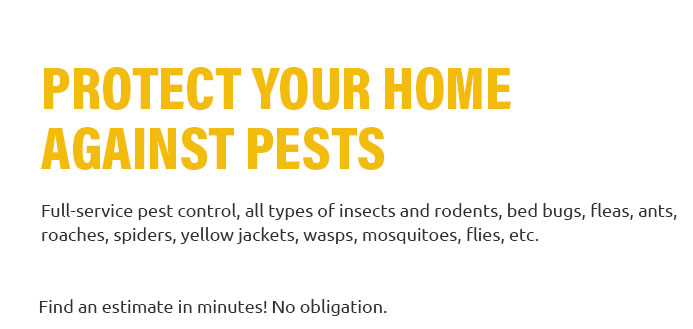 |
 |
 |
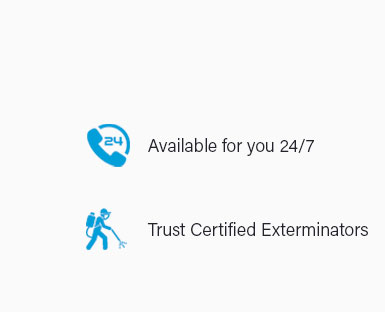 |
 |
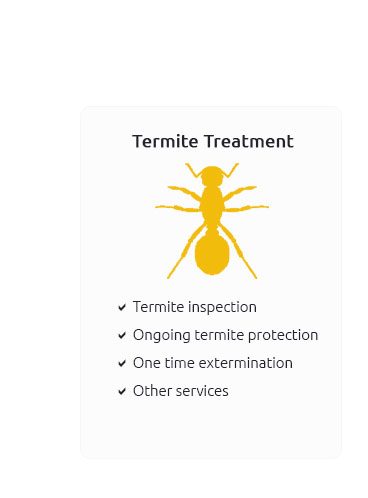 |
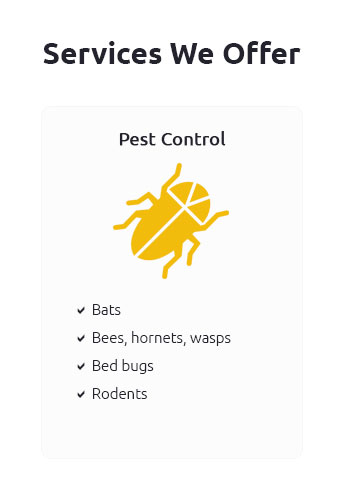 |
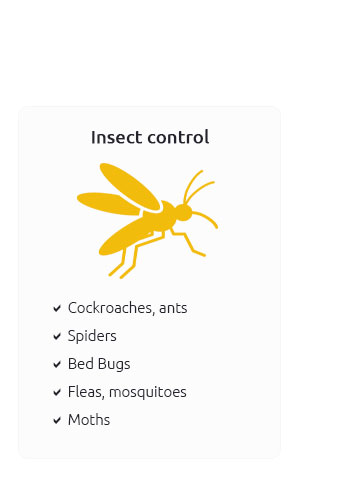 |
 |
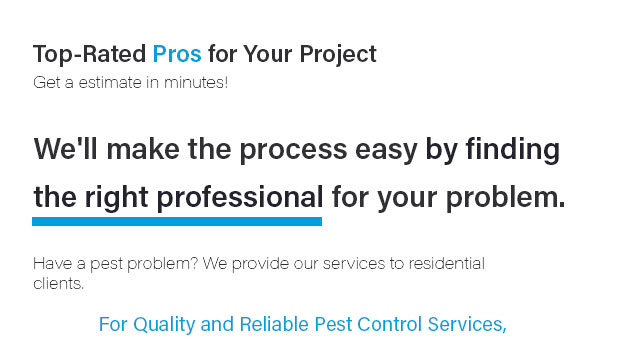 |
 |
 |
 |
|
0uzqf9t36wk Say goodbye to unwanted invaders with our cutting-edge pest control service, where we turn the tables on ants with precision and expertise; whether it's an army of black ants marching across your kitchen or fire ants staking a claim in your yard, our seasoned professionals deploy targeted strategies to exterminate them at the source, ensuring your home is a fortress of comfort and safety-unlike typical services that offer temporary relief, we deliver lasting results with eco-friendly solutions that protect your family and the environment while reclaiming your space from these persistent pests, so take control today and experience the peace of mind you deserve.
https://diypestcontrol.com/ants.htm?srsltid=AfmBOoqG-OsN6l-9zxIifqrjAztp6bstSS72KRu1Zuo8PfJuHeU0ckVj
If you want to know how to kill ants, inspecting where the ants are coming from is an important first step. To find ant nests, follow their trails. https://www.buzzboss.com/learn/5-diy-ant-control-methods
One easy and effective way to kill ants at home is with a mixture of borax and sugar. Borax acts as a poison, but ants don't see it as food and won't consume it ... https://cedarcide.com/blogs/guides/10-natural-ways-get-rid-ants?srsltid=AfmBOor82GrrmWdReSHqx4PDAgde0XMjvmrE3inoSMF5obS10bs3302V
Vinegar is an extremely effective natural ant deterrent. It disrupts their pheromone trails and the smell helps prevent them from returning. Mix ...
|



